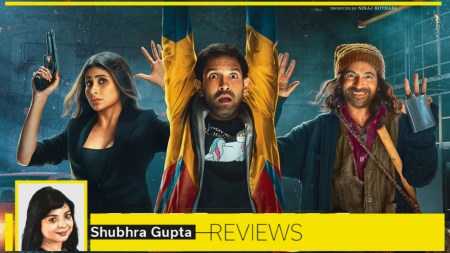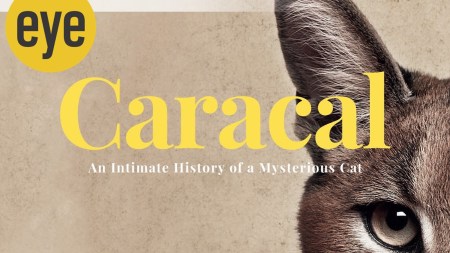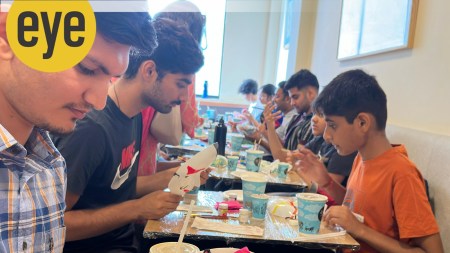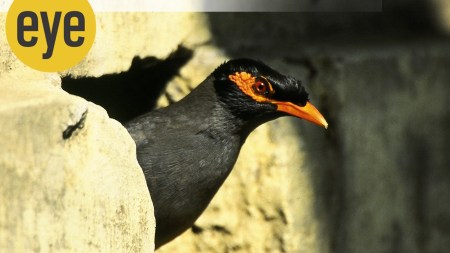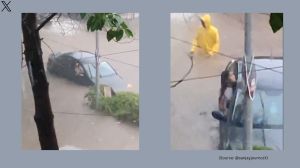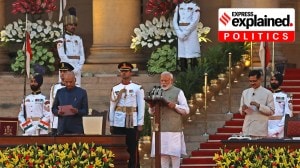- India
- International
Activists oppose discriminatory amendment to Copyright Act
Opposing the upcoming amendment to the Copyright Act,1957 that proposes to exempt only the specially designed formats like Braille to help the disabled read...
Opposing the upcoming amendment to the Copyright Act,1957 that proposes to exempt only the specially designed formats like Braille to help the disabled read,a group of disability rights activists on Thursday said that the move is discriminatory to people not knowing Braille and will be counterproductive.
The National Access Alliance (NAA),an umbrella body campaigning for an appropriate amendment to the copyright Act,said it believes that the proposed clause,52 Z (a) will hamper rather than help the print-impaired (people with any form of visual,cerebral or orthopaedic disability that deters normal reading) in accessing books.
It insisted that the Human Resource Development Ministry sets up a sub-committee that can propose appropriate suggestions before the clause is tabled in the Parliament.
Dr Sam Taraporewala,director of the Xaviers Resource Centre for the Visually Challenged and a member of the NAA,gives reasons for the opposition. For one,the amendment claims that in order to convert books to disabled-friendly formats,the entity seeking to do so must apply for a license. That itself will take two to three months to be processed and students seeking to read will suffer unreasonable time losses, he said. We would be caught up in paperwork. Moreover,the proposed clause wants to set an expiry date on the license and limit the number of people who can use the licensed books, he added.
Ketan Kothari,programme officer of Sightsavers,another NAA member,said the government is actually making things more difficult instead of facilitating accessibility to books for the disabled, The amendment is ridiculous. We have to oppose it at this critical stage in the interests of social inclusion, Kothari said,adding the amendment does not say who can apply for the license. It is counterproductive, he said,adding,Because educational institutes,universities,self-help groups and individuals seeking to read by themselves may not be able to apply for these reading licenses. It seems only charitable organisations will be allowed. Most of the time,they have neither the resources nor the expertise to carry on educational works for the blind. This restrictive and exclusionary scope of the amendment goes against the policy of inclusion the government claims to propagate.

The amendment proposes that reproduction of copies in special designed formats will be exempted under the Act to help the disabled read. But NAA believes this goes against the grain of making things easier for the print impaired. Most of the formats that we use to teach the disabled these days are not special. Only Braille is. Audio books,text-magnifying software,word dictator and others like these that may be used by people not impaired in any way are not special. As such they are not protected under the proposed amendment, Kothari said.
For instance a person with partial vision or one who has acquired blindness late in life may not be versed in the Braille. They may have to use a text-modifying software which is not exempted under the proposed amendment. In such cases,the clause floated is discriminatory against people who do not know to use Braille, Dr Taraporewala said. The sub-committee can recommend appropriate changes to the clause,in keeping with the interests of a print-disabled community of some 70 million people, he added.
Advocate Kanchan Pamnani contends that the clause is not in keeping with the UN Convention on Rights of Persons with Disability or other international laws for the print disabled. Countries like France,Germany and Australia permit conversion to non-specialised formats,whereas we do not,she said.
Jun 09: Latest News
- 01
- 02
- 03
- 04
- 05




